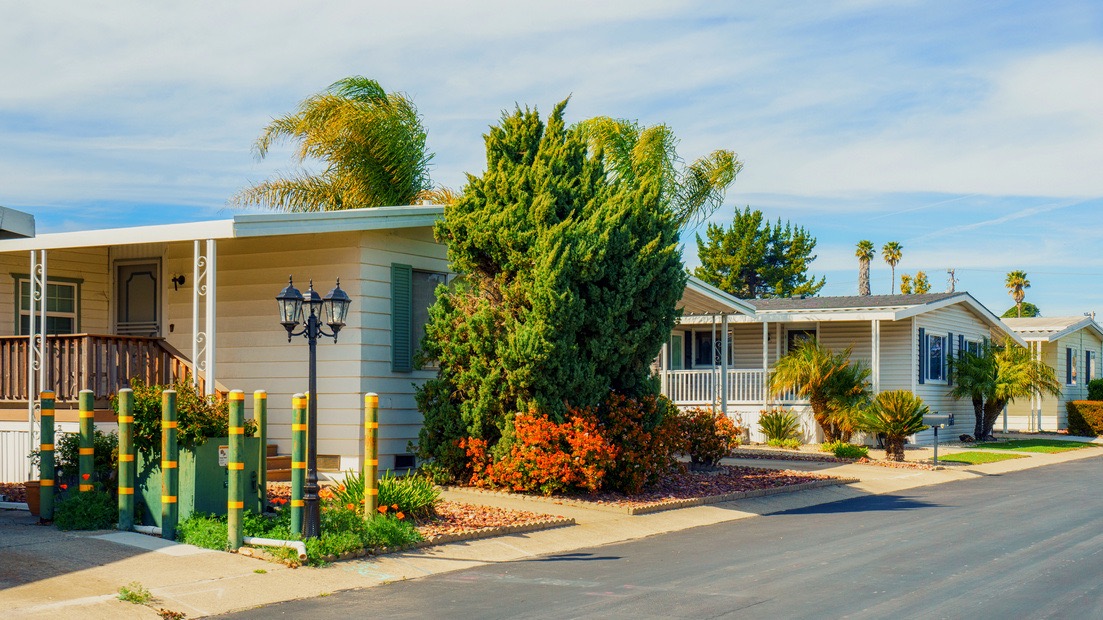Manufactured homes have been gaining popularity as an affordable housing option, especially in today’s challenging real estate market. However, like any other significant investment, purchasing a manufactured home comes with its own set of advantages and disadvantages. Understanding these pros and cons is essential for making an informed decision. Moreover, partnering with a real estate expert can be invaluable in navigating this unique market segment.
The Pros of Manufactured Homes
- Affordability
One of the most significant advantages of manufactured homes is their affordability. Typically, the cost per square foot is much lower compared to traditional stick-built homes. This affordability makes homeownership accessible to more people, particularly first-time buyers or those on a tight budget.
- Customization Options
Manufactured homes offer a wide range of customization options. Buyers can choose from various floor plans, interior finishes, and exterior designs. This flexibility allows homeowners to tailor their homes to their specific tastes and needs without breaking the bank.
- Energy Efficiency
Many modern manufactured homes are built with energy efficiency in mind. Features like upgraded insulation, energy-efficient windows, and appliances help reduce utility bills, making these homes more environmentally friendly and cost-effective in the long run.
- Quick Construction Time
Manufactured homes are built in a controlled factory environment, which allows for quicker construction compared to traditional homes. Once the home is complete, it can be transported to the site and installed within days, significantly reducing the overall timeline from purchase to move-in.
- Lower Maintenance Costs
Since manufactured homes are built with durable materials designed to withstand transportation and installation, they often require less maintenance than older stick-built homes. Additionally, many manufacturers offer warranties, providing peace of mind for new homeowners.
The Cons of Manufactured Homes
- Depreciation
Unlike traditional homes, manufactured homes tend to depreciate in value over time. While the land they sit on may appreciate, the home itself often loses value, similar to a vehicle. This can make them a less attractive long-term investment.
- Financing Challenges
Securing financing for a manufactured home can be more challenging than for a traditional home. Some lenders may consider them riskier, leading to higher interest rates or more stringent loan terms. Additionally, not all manufactured homes qualify for traditional mortgage loans, which may limit financing options.
- Land Ownership
If the manufactured home is placed on leased land, it can complicate the homeownership experience. Leased land can increase monthly expenses, and the terms of the lease may change over time, potentially affecting the long-term affordability of the home.
- Zoning Restrictions
Local zoning laws and regulations can limit where manufactured homes can be placed. In some areas, restrictions may prevent placing a manufactured home on certain plots of land, limiting options for buyers who wish to live in specific neighborhoods.
- Perception and Resale Value
Despite improvements in quality and design, manufactured homes still face some stigma, which can affect their resale value. Potential buyers may perceive them as lower quality, making it harder to sell the home in the future.
Why Partnering With an Expert Matters
Given the complexities of purchasing a manufactured home, partnering with a real estate expert who specializes in manufactured homes can make a significant difference. Here’s why:
- In-Depth Market Knowledge
A real estate expert who specializes in manufactured homes will have a deep understanding of the local market, including zoning laws, financing options, and the best locations for placing a manufactured home. They can help you navigate these complexities and find the right home for your needs.
- Negotiation Skills
An experienced agent can negotiate on your behalf to secure the best deal possible, whether you’re purchasing the home itself or the land it will sit on. They can also help you understand the terms of any lease agreements if you’re considering placing your home on leased land.
- Access to Financing Options
A knowledgeable agent can connect you with lenders who specialize in manufactured home financing. They can guide you through the loan process, helping you secure the best possible terms and rates.
- Understanding of Legal Requirements
Manufactured homes are subject to different regulations and building codes compared to traditional homes. An expert can ensure that your home meets all local requirements and help you avoid costly legal issues down the road.
- Post-Purchase Support
Even after the purchase is complete, a dedicated real estate expert can provide ongoing support, from helping you settle into your new home to advising on future resale strategies.
Manufactured homes are affordable and customizable but come with challenges like depreciation and financing. Partnering with a real estate expert helps you navigate these issues, ensuring a smart investment. Whether you’re a first-time buyer or seeking a budget-friendly option, expert guidance is key to a successful purchase.







